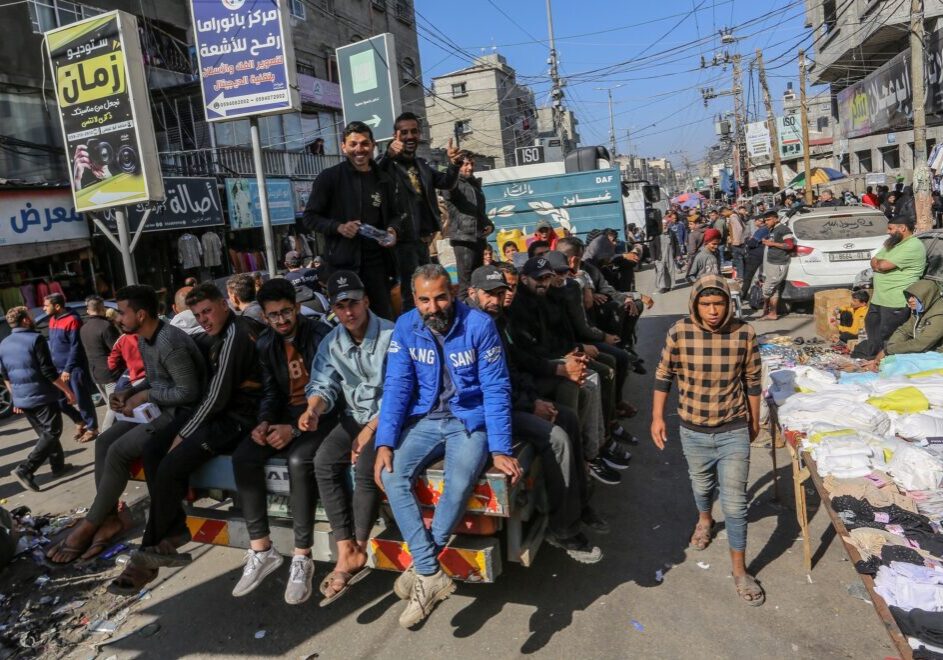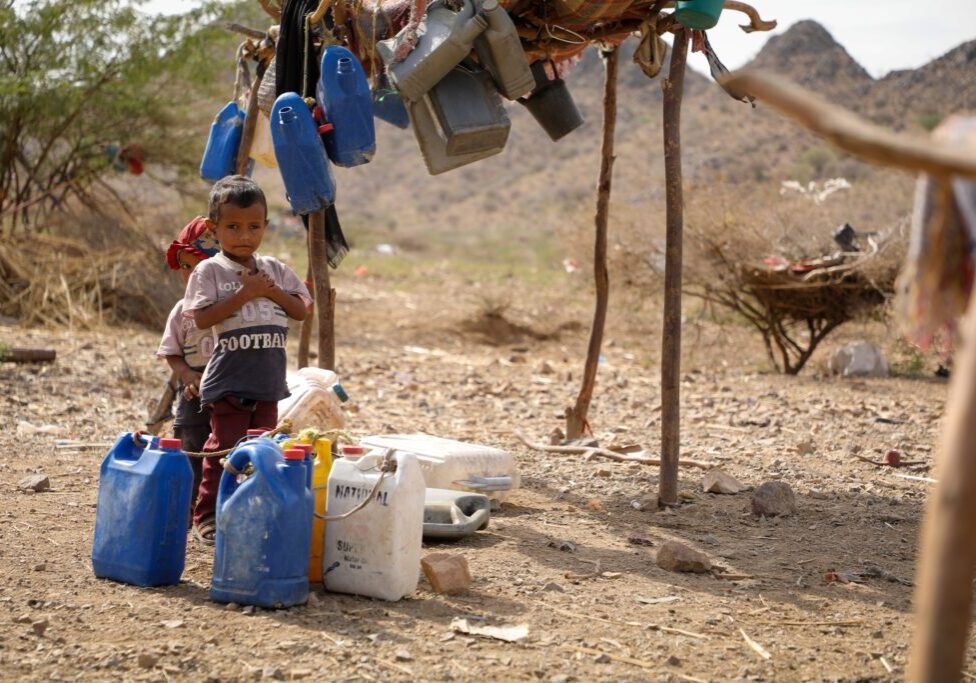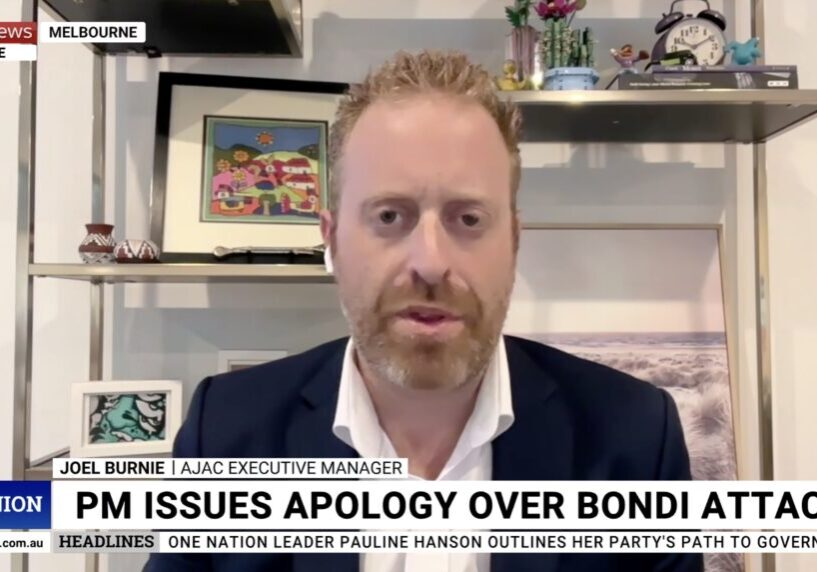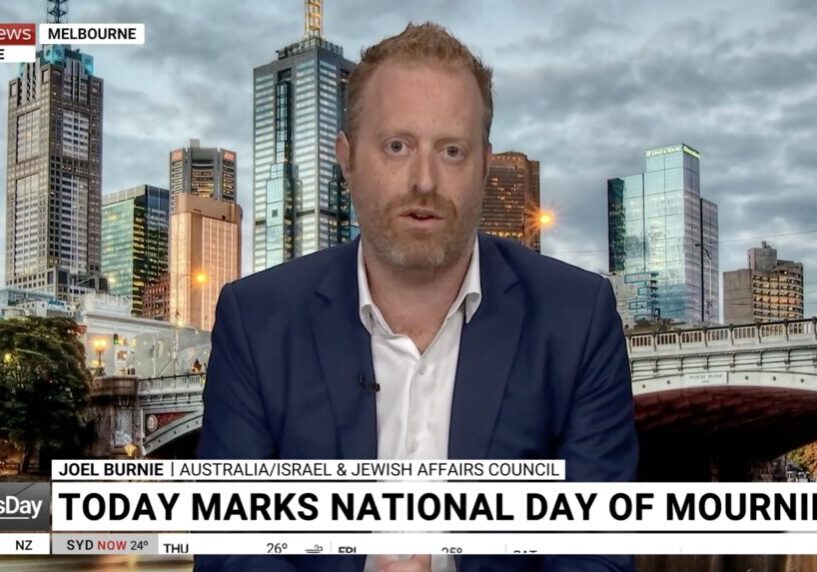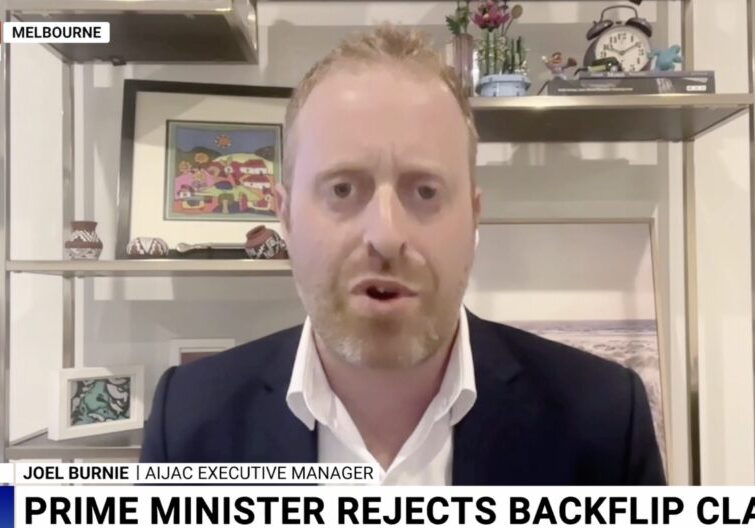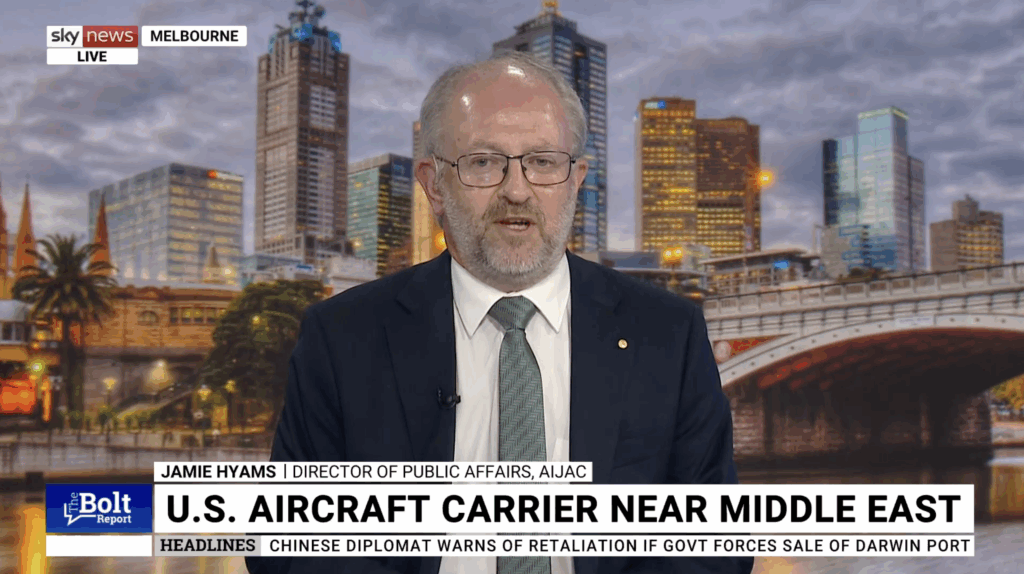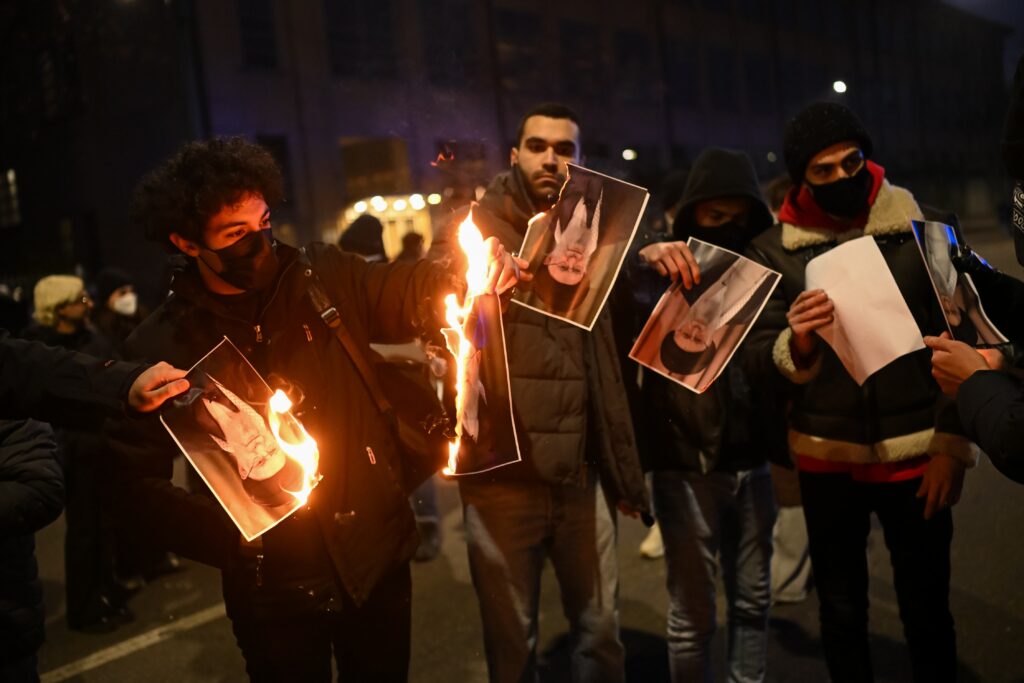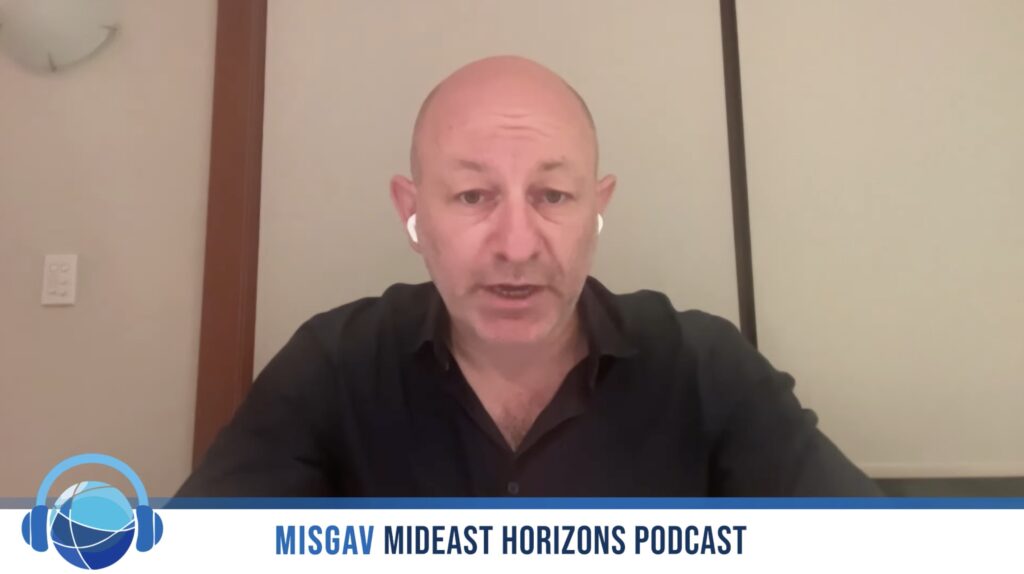FRESH AIR
Settlement activity plunges, but media clings to misleading Peace Now narrative
January 16, 2018 | Ahron Shapiro

On December 19, 2017, Israel’s Central Bureau of Statistics (CBS) published statistics detailing housing starts for the third quarter (Q3) of 2017 divided into districts, including Israel’s settlements in the West Bank.
Over the first three quarters of 2017, 1123 houses broke ground in the West Bank, most of them in settlement blocs Israel is expected to keep in any peace agreement via land swaps. It represented a drop of 47.7% compared to the same period in 2016 and was the lowest total of housing starts (between the periods of Q1-Q3) of any year since 2011.
In fact, in mid-December, UN Special Coordinator for the Middle East Peace Process Nickolay Mladenov had commended Israel for curbing settlement activity. Neither Mladenov’s comments nor the CBS report were reported on here in Australia, although in Israel, the Jerusalem Post reported both on December 22, in a story titled “UN exposes Netanyahu’s West Bank settlement building bluff“.
In that article, Post reporter Tovah Lazaroff confirmed something that readers of AIJAC’s blogs would already be aware of – that while Israel Prime Minister Binyamin Netanyahu has made many statements pandering to Israel’s settler lobby, and even announced plans or advanced them a step or two through the approval process, actual construction of any great consequence has not materialized, particularly deep inside the West Bank, in areas expected to be part of a future Palestinian state.
As Lazaroff reported on December 22:
The numbers bandied about by Prime Minister Benjamin Netanyahu and Defense Minister Avigdor Liberman in 2017 have certainly been dizzying – with action being taken to advance the building of some 10,000 homes in West Bank settlements.
When it comes to real construction on the ground, however, building has been down so far this year, and the awarding of tenders has been almost nil.
While factual data showing a steep downturn in settlement activity has failed to interest Israel-based correspondents, in contrast, alarmist and overblown press releases by the anti-settlement arm of the NGO Peace Now are almost never missed. This is what happened last week when Peace Now’s claims formed the basis of an AFP story “Israel backs 1100 West Bank homes”, which appeared in the print edition of the Australian on January 12.
According to Peace Now’s Hagit Ofran, who was interviewed for the story, “the majority of the approvals are for settlements deep in the West Bank that Israel would likely need to evacuate as part of a two-state solution.”
What the story omits to define is what Ofran considers to be “deep in the West Bank”. As AIJAC has pointed out in our blogs on many occasions, Peace Now uses the maps endorsed by the 2003 Geneva Initiative, but no Israeli government has ever endorsed the Geneva Initiative’s maps or accepted them as the basis for negotiation with the Palestinians.
In the days before the Israeli government planning meeting, Peace Now criticized the meeting based on the advance agenda, which dealt with plans for 1329 units. (It’s not clear from reports what accounted for the lower figure that emerged from the actual meeting, although one can deduce that just because a plan was scheduled to be discussed at the meeting does not mean it was approved unchanged.)
When you go to the Peace Now website and look at their actual spreadsheet detailing the plans slated for discussion on the meeting’s agenda, the exaggerated nature of Peace Now’s claims are obvious.
While 66.4% of the plans on the agenda to be advanced at the preplanning meeting did not conform with the arbitrary benchmark of the Geneva maps, only 218 units, or 16.4%, involved settlements that could be considered to be deep in the West Bank, and all 218 appeared to be “approvals” in very early stages that would require several subsequent stages of approval in order for construction to begin – a process that may take years and often doesn’t happen at all.
Specifically, these 218 units break down to 27 units at Maon in the South Hebron Hills, 55 at Petza’el in the Jordan Valley, and 16 in Asfar and 120 in Karmei Tzur, both between Gush Etzion and Hebron.
The rest of the announcements all dealt with settlements in what are widely accepted to be settlement bloc sectors to be retained by Israel in any two-state agreement: Around Jerusalem there were planning announcements of 44 units in Ma’ale Adumim, near Jerusalem, and 92 units in Kfar Adumim and 289 units in Alon, both very close to each other and Ma’ale Adumim, 66 at Efrat in Gush Etzion and, in the Ariel bloc, 9 units planned for Ariel itself. In the coastal plain region, plans were advanced for eight homes in Beit Arie, about 4kms from the Green Line – while not “deep in the West Bank,” it is beyond the security barrier and perhaps the only houses in this category arguably not in a bloc. The meeting also provided for temporary approval of 11 existing houses in the Gush Etzion outpost of Netiv Haavot in an attempt to delay demolition of these units.
As for the houses green-lit for the final stages of approval, all of them are on the Israeli side of the security barrier. In the northern West Bank, 85 are in Hinanit/Tal Menashe, along the coastal plain, 24 are in Alfei Menashe, two are in Sha’arei Tikva, 72 are in Zofim, and 204 are in Oranit (a settlement that actually touches the Green Line). In the Jerusalem region, 196 homes were approved for Givat Ze’ev.
In addition, one house in Givat Ze’ev and eight homes in Oranit were added to the final approval tally even though they don’t involve new buildings at all, but rather subdivisions of already approved properties into two-family dwellings on the same plot of land.
Peace Now’s track record of exaggerating the importance of planning meetings, using its own imaginary border to decide which settlements are compatible with a two-state outcome, as well as downplaying or ignoring incontrovertible statistical data, such as slowing housing starts, exposes the NGO’s ingrained biases, false narrative and agenda.
News stories regarding Israel’s settlements based solely on Peace Now’s press releases are not only lax, they’re factually lacking, and promote the fallacy that settlements are “massively expanding”, and making a two-state outcome “impossible” when the reality is something radically different.
Ahron Shapiro
Tags: Israel





